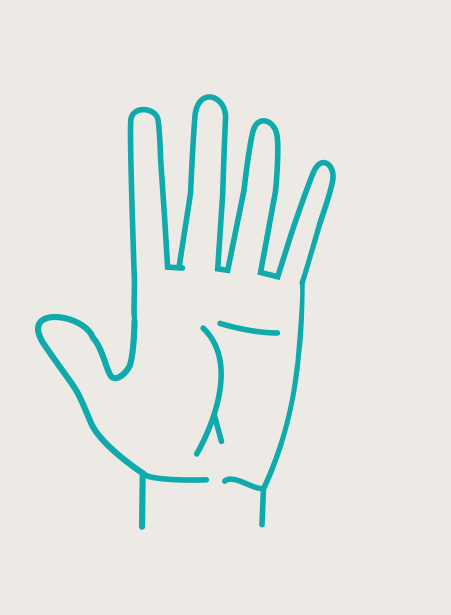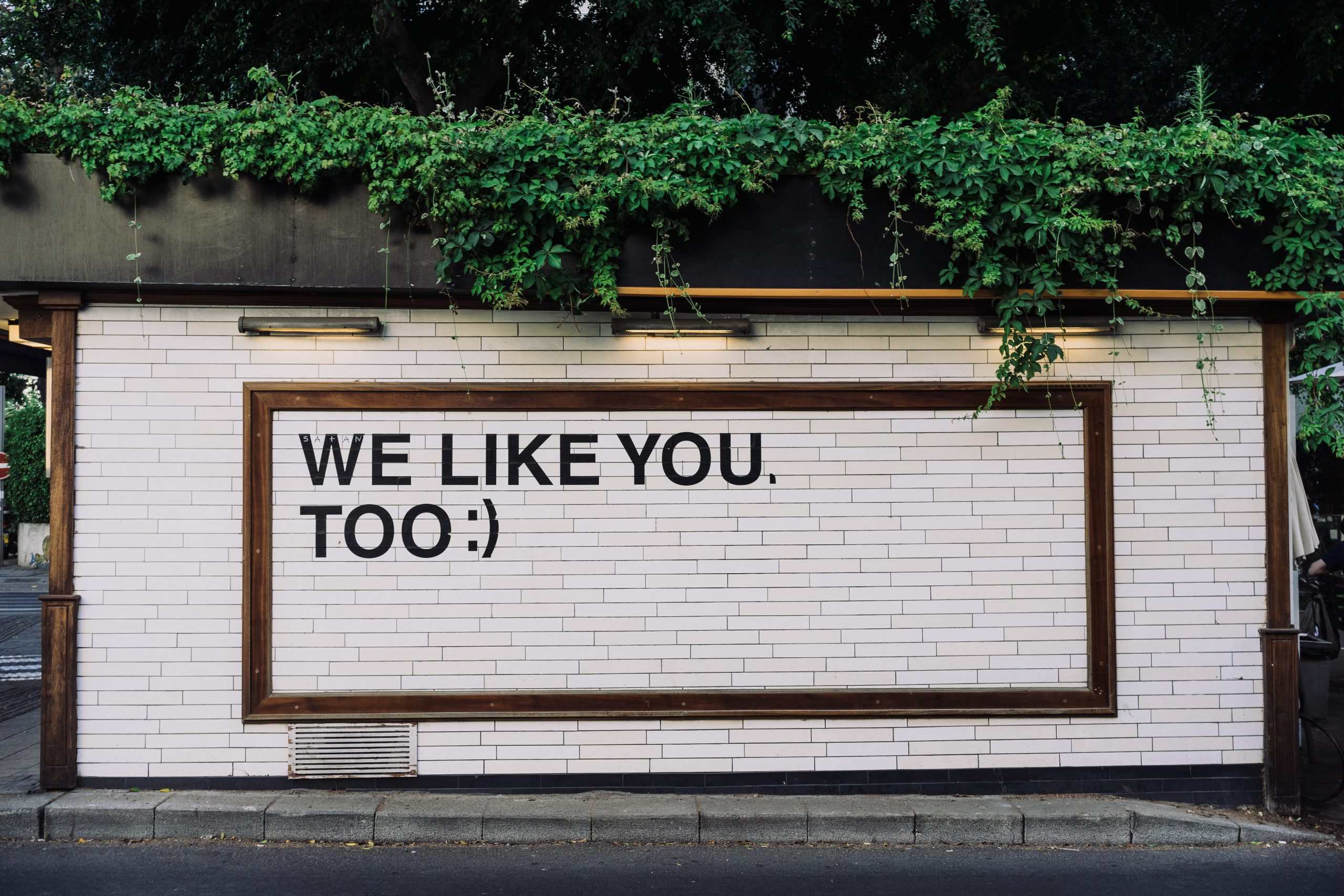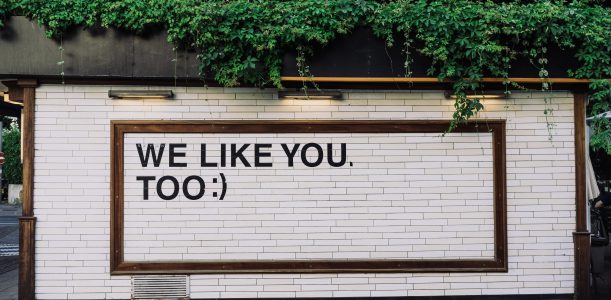In my previous blog entitled New Media and Technology and the gendering of the social world, I discussed how digital violence is a way to silence people from participation and could lead to a gender democratic deficit if we do not stop it.
I laid discussion and presented researches how women are subjected to sexual harassment comment online often referring to how they look and at the extreme, threat of rape. Men tend to get angry comments and called out a “traitor or coward” by other men. An Amnesty International research stated that the psychological impact of online violence to women can be devastating with 61% of respondent’s expressing loss of self-confidence, while 41% women who had experienced online abuse fear for their physical safety. The study covering women in Denmark, Italy, New Zealand, Poland, Spain, Sweden, the UK and the USA also revealed that women politicians and public figures have experienced repetitive online gender-based violence. I presented a case of online violence from Denmark, where the right of freedom of speech have been often used as justification of online violence against women and minorities.
Social media, gender and social class in Egypt
In this second part covering the online seminar organized by KVINFO on 8 October, we looked at cases from Egypt and Jordan. At the online seminar, a representative from Motoon an organization to help promote women’s representation in the tech industry in Egypt was present. Program Manager, Nada Kabary, stressed how digital violence is gender biased in her country.
The video of the seminar can be found below:
Nada stated that the year 2020 has been a good year for women in Egypt in term of online activism. Crucial feminist activism such as #MeToo campaign have risen and social media such as Instagram and Facebook have been used as the major platform to voice out sexual harassment culture in Egypt. In 2017, a survey by Thomson Reuters ranked Cairo as the world’s most dangerous megacities for women. This movement is seeing participation of young women of all backgrounds, asking for justice and calling out their sexual abuser.
In my first blog post, I touched briefly on female influencers in Egypt jailed for indecent videos. The July 27, BBC.com news reported of five female influencers on the video-sharing social app TikTok was arrested, fined almost $19,000 and sentenced to two years in prison. They were accused of posting “indecent videos” and of taking part in inappropriate video calls with men.
In a positive note, TikTok have allowed women to monetize from their huge followers. Most of these women are wearing a hijab while interacting on the platform, showing they are coming from a conservative family. Due to this, the public has pushed TikTok to be shut down as it promotes indecency and nudity. Those arrested are bloggers and following social media standard but they were accused of encouraging young women to sell sex online. Feminist groups are protesting for their released but has not been successful.
Nada gave another case of an Instagram account @AssaultPolice which was set up to publish allegations of rape, sexual harassment and blackmail by dozens of women against student Ahmed Bassam Zaki, who is reportedly from a wealthy family.
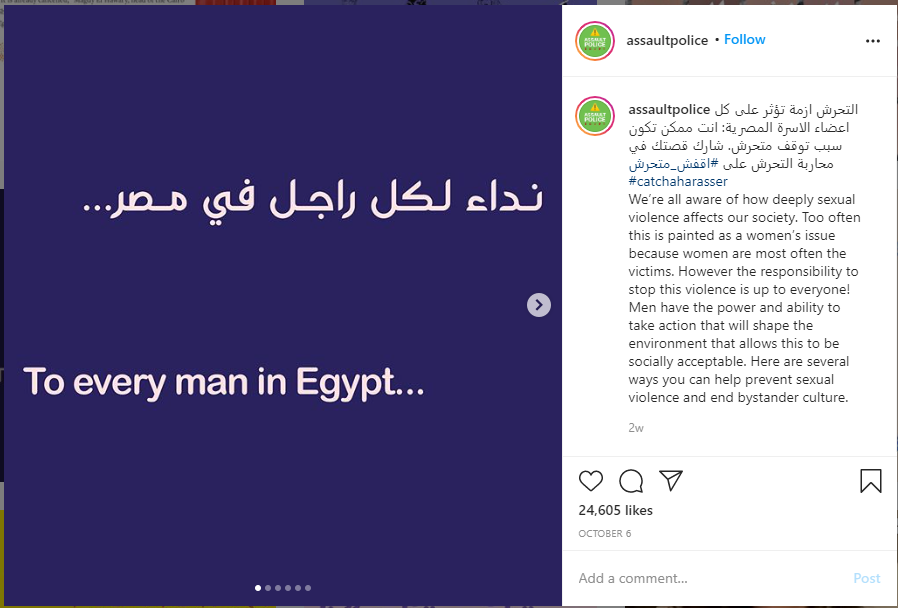
This online initiative has led to his arrest and have also led the Egyptian cabinet to approve the anonymity bill where the identity of victims could only be revealed to a court. This is a landmark victory for the feminist movement in Egypt. However, it is not to say it is a happy ending, as the accusers of Mr. Zaki are called liars and have only themselves to blame.
Social class plays an important role in the way Egypt’s authority is handling the women who are using social media platform. While the TikTok users were punished for posting dancing videos, those on Instagram doing similar posts, according to Nada are usually untouched by the authority.
According to Nada, TikTok users are often from middle and lower class of Egypt community. While Instagram users are affluent, high class individual with better education and attending prestigious universities. She elaborated that TikTok being a China made app, wanted to compete for the market share from USA base app such as Facebook and Instagram. TikTok pays its users for their content to encourage followers and increase the number of users in the region, and it targets lower and middle class of Egypt.
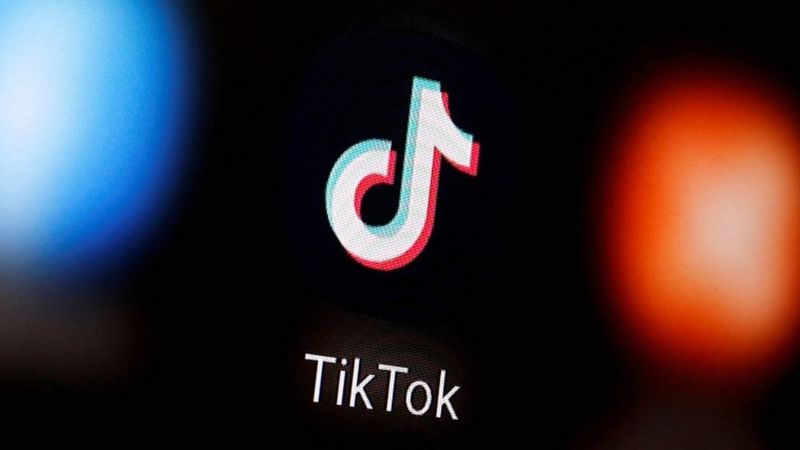
And because higher class is perceived by the government as those who pose no threat, Instagrammers are usually left alone by the authority in Egypt.
Gender and online violence in Egypt
Due to rise of the use of social media, Nada reported the rise in cases of young boys and children encouraged to take photos of women in the street if they see inappropriate attire or behaviour and blackmailing them. These can be threat to send these photos to their family, which can cause grave danger to the women involved.
Nada stressed while the young female generation is inspiring the society with their awareness, digital security and cyber safety risk is on the rise. On one hand it is uplifting to see women in Egypt to be independent and using technology to earn money online, it is their digital habits that could be problematic. Technology can help to change culture, but it can also pose threat to our lives so we should exercise balance.
Nada ended that online violence will the top priority for discussion in Egypt in the near future.
Social media and gender in the case of Jordan
The last speaker for the event was Nadia Shamrook, General Manager of Jordanian Women’s Union who is committed to improving the status of women in Jordan.
She stated there is an inequality of social media use and online treatment faced by men and women in Jordan. Digital technology is used mostly as a platform to discuss problem in the Arab world and discussion for democracy. However, more women face problem online than men.For instance, she said more women in the Arab world have access to social media that women in western countries. A phone with camera is more important than any other item in a household, that even children have them.
Women have easy access to information via social media such as Facebook. The negatives of this are how women can easily for prey to online harassment. In their work where they help abuse women prone to violence by a male family member such as their husband, father or brother. Now with the they are seeing the rise of cases where women fall prey to men who blackmail them for money after befriending them online.
Mobile phones enable a woman to be easily contacted by men through social media and these men would use the messages sent via or photos shared as threats to extort money from the victim. Although there is a law against such extortion, women rarely take legal action due to worry of what their male family member would react and also of shame.Women from lower economical background are the most vulnerable as they are not educated enough on online violence and threat it posed.
Social media, activism and gender difference in Jordan
According to Nadia, many activists use social media use to promote the change of law in Jordan. Activist use social media to promote ideas by writing on current issue. While there is equality in the access and to write their opinions, her male colleagues will get more engagement and positive discussion on Twitter and Facebook, while her female colleagues often experienced online harassment.
She gave an example of activist colleague who is working on changing the Family Law based on the religion law that applies both for Christianity and Islam. She had used her social media platform to discuss the matter, and later was harassed online by men and women asking her to remove her veil. She was also condemned for challenging a sacred law.
Nadia ended while there is law to protect them, women are often afraid to report due to shame and fear of victim blaming.
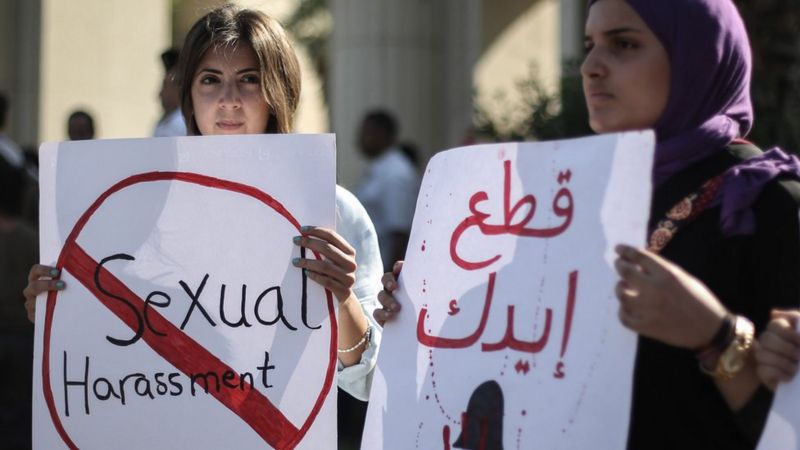
Concluding the event and lesson learnt
Digital or online violence are as real as physical violence. Digital violence is also gendered specifics. In this October 8th event, we have seen examples from Denmark where a higher freedom of speech is practised, that women suffer explicit harassment on their appearance and subjected degrading slurs calling them sluts and threat of physical violence such as rape. Men tend to get group-based harassment towards their ethnicity, nationality and often receives only angry comments such as being called an idiot. While in the case of Egypt and Jordan, women are often victim blamed after calling out on sexual harassment online by men. Women activist expressing their ideas and using social media as a platform to communicate, often get double standard treatment than their male colleague. Digital violence is thus not only producing victims and survivors, it is also gendering our social world and silencing people from participating in the public spheres.
